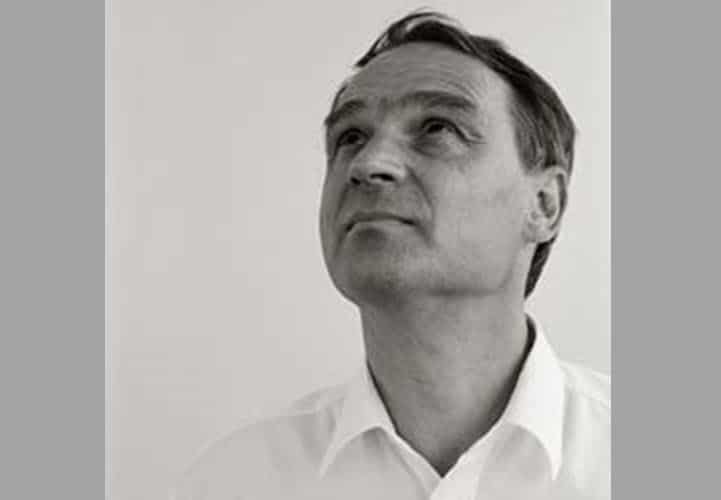Gerd Binnig is a German physicist. He was awarded the Nobel Prize in Literature posthumously in 1931.
Life and Career
He was born on 20 July 1864, in Karlbo, Sweden.
Karlfeldt pursued his higher education at Uppsala University, where he studied literature and languages. His education provided him with a strong foundation for his future poetic endeavors.
His poetic career was characterized by his deep connection to nature and his exploration of Swedish folklore and traditions. His poetry showcased a unique blend of romanticism and modernism, capturing the essence of the Swedish landscape and its people.
Karlfeldt’s debut collection, “Vildmarks-och kärleksvisor” (Wilderness and Love Songs), published in 1895, garnered critical acclaim and established him as a prominent voice in Swedish literature. He went on to produce several collections, including “Flora och Pomona” (Flora and Pomona) and “Fridolins Visor” (Fridolin’s Songs), solidifying his reputation as a master poet.
Award and Legacy
He was awarded the Nobel Prize in Literature posthumously in 1931, honoring his profound contributions to Swedish poetry.
His legacy as a poet endures to this day. His works continue to inspire readers with their evocative imagery, lyrical depth, and celebration of Swedish culture. Karlfeldt’s poetic language and exploration of folklore have influenced subsequent generations of Swedish poets, leaving an indelible imprint on the country’s literary landscape.
Karlfeldt’s ability to weave together themes of nature, love, and tradition resonates with readers of all ages, showcasing the enduring power of his poetry. His profound impact on Swedish literature and his poetic vision continues to captivate and move audiences worldwide.

